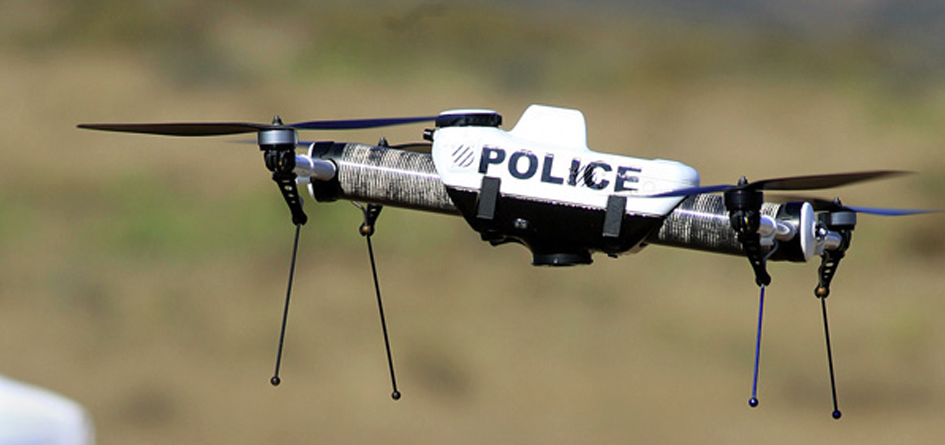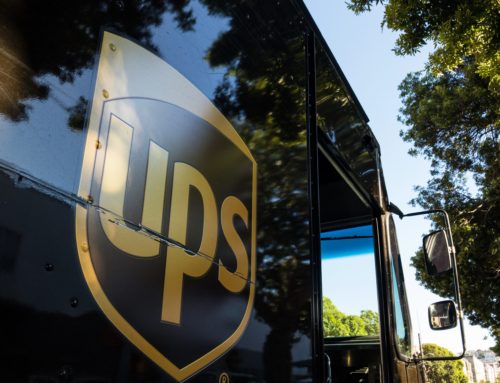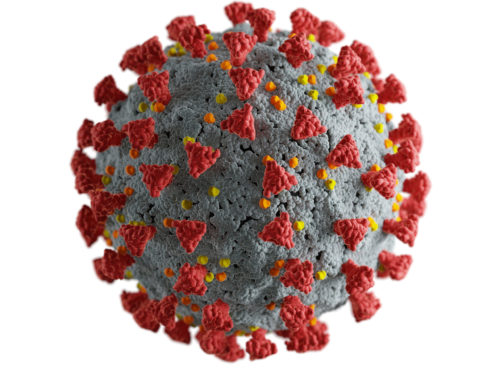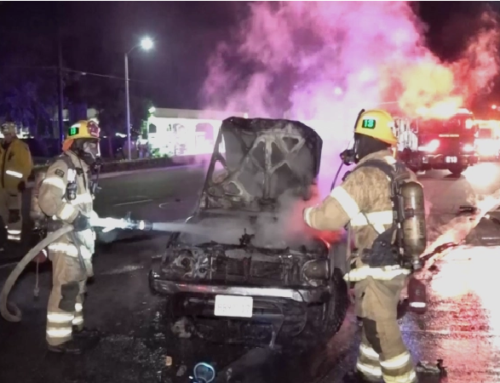As technology rapidly advances, laws on its official use struggle to keep up. Recently, new questions of legality have been raised concerning the police use of camera-equipped drones.
Law enforcement agencies across the U.S. are exploring the use of drones for surveillance purposes, including search-and-rescue efforts, monitoring traffic accidents, and more. As government use of aerial photography and video increases, it is important for citizens to be aware of the state and federal limitations regarding camera-equipped drones.
Federal law governing the use of airspace requires that a drone be an authorized aircraft, with a valid FAA registration number, a certificated pilot, and a specific FAA Certificate of Waiver or Authorization (“COA”).
While Fourth Amendment jurisprudence has yet to catch up with regulating the use of drones, a few cases involving aerial surveillance by manned airplanes and helicopters have provided some insight to issues regarding drone surveillance:
In Oliver v. US (1984), the Court ruled “Police may lawfully survey open fields from the air, including any unoccupied or undeveloped area outside of the curtilage.” (Curtilage essentially refers to any area immediately surrounding a residence, including back and front yards.)
California v. Ciraolo (1986) affirmed that the Fourth Amendment was not violated by warrantless observation and photography of defendant’s fenced-in backyard by manned surveillance from a fixed-wing aircraft. The Court ruled that the officers observations of the defendant’s backyard were from a public vantage point where the officers “have the right to be.”
Florida v. Riley (1989) confirmed that lower altitude, camera-equipped drone flight over private property does not constitute an unreasonable search under the Fourth Amendment. Ultimately, the defendant “must bear the burden of proving his expectation of privacy was a reasonable one.”
While unmanned drone surveillance may be a new technological advancement for police, it appears that it poses no greater intrusion on privacy than manned aerial photography. However, it is important to remember that camera-eqipped drones must be registered for official use and operated by certificated law enforcement officials in compliance with federal regulations. Furthermore, these drones can only perform surveillance of open fields, commercial property, and residential curtilages – so if you see one hovering through your living room, you may want to give us a call.
Here is an interesting video of “our drone future”:






